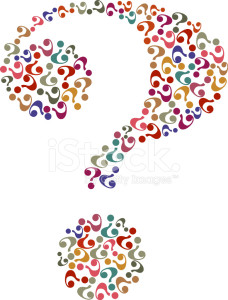Then who will we be?
This is the last line in a recent article, Nauru: how long can we keep lying to ourselves, written by Waleed Aly and published in The Age. Aly uncovers the fabric of lies that have been told and legislated by successive governments to justify current asylum seeker policy, and questions how long they can be sustained. He concludes with this:
‘At some point, the clock runs out. And on that day, maybe the alarm will sound on these mighty fictions that have been sustaining us. Then who will we be?’
This last question has struck a chord with me in a way that finds application beyond this country’s inhumane asylum seeker policy. Today is Ash Wednesday, which begins a period of preparation and discipline for the Christian church. It reflects on the life and ministry of Jesus and calls upon Christians to renew their commitment to Christian discipleship.
‘Then who will we be’ is a searching question to carry into Lent. It invites us to examine our decisions, our actions and our beliefs, every one of which is forming and transforming us.
Every ‘yes’ to any given thing sets us on a path that moves towards one thing and away from something else. For example, our assent to ‘illegal immigrants’ and ‘stop the boats’ in Australia has taken this country down the path towards moral bankruptcy.
Similarly, and at a personal level, the same is true. When we say ‘yes’ to one thing, we say ‘no’ to another and it changes us, for good or for ill. Lent is the season to pay attention to the paths we’re travelling.
I enter Lent this year pondering on Waleed Aly’s question, ‘then who will we be’.
I invite you to join me.
